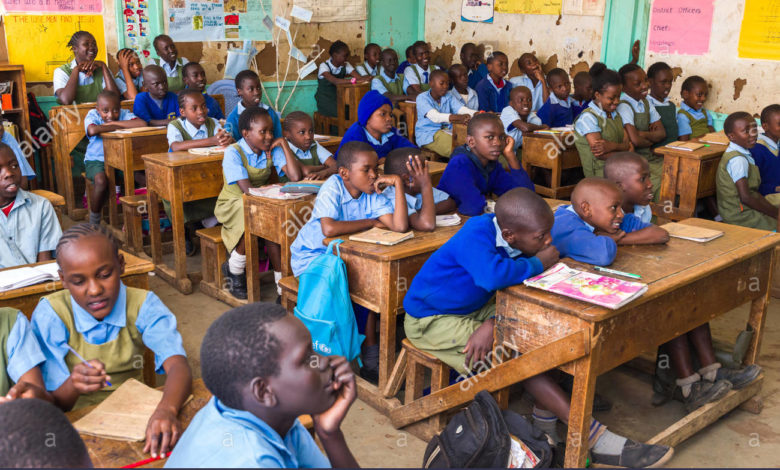COVID-19: Chad Reopens Airport, Keeps Capital Closed

President Idris Deby of Chad on Wednesday signed a presidential decree authorizing the reopening of the country’s airports effective Thursday, January 14, 2021.
The airports were ordered closed on January 4, 2021, following the confinement of the national capital N’Djamena due to the fear that some foreign arrivals may bring along with them the new strain of the coronavirus that was detected in Britain and has since also been signalled in South Africa.
However, N’Djamena, Chadian national capital remains confined by road and entry into it is subject to strict anti-COVID-19 measures.
The confined limits of the national capital are Djermaya in the north, Koundoul in the south, N’Djamena Koura in the east and Mara in the west.
Meanwhile, the United Nations International Children Emergency Fund (UNICEF) on Tuesday expressed worries over the closure of schools by various governments as part of coronavirus palliative measures.
In a communiqué signed by Henrietta Fore, UNICEF Executive Director, the UN agency declared that “Schools are not the principal propagators of the coronavirus among children” and warned against the disruption of another school year.
“In spite of the proofs of the impact of the closure of schools on the children and in spite of the more and more proofs that schools are not the propagators of the pandemic, many countries have chosen to maintain the schools closed and some for about a year,” declared the UNICEF boss in anger.
Fore said “no effort should be avoided to maintain schools open or putting schools in the priority plans of reopening” adding that “the closure of schools at the national level must be avoided as much as possible otherwise it should only be the last resort after all other options have been envisaged”.
According to the United Nations Educational, Scientific and Cultural Organisation (UNESCO), the COVID-19 pandemic has brought about the biggest disruption ever in the world educational systems, stopping more than 1.6 billion school-goers in more than 190 countries from going to school.
Support Our Journalism
There are millions of ordinary people affected by conflict in Africa whose stories are missing in the mainstream media. HumAngle is determined to tell those challenging and under-reported stories, hoping that the people impacted by these conflicts will find the safety and security they deserve.
To ensure that we continue to provide public service coverage, we have a small favour to ask you. We want you to be part of our journalistic endeavour by contributing a token to us.
Your donation will further promote a robust, free, and independent media.
Donate HereStay Closer To The Stories That Matter




